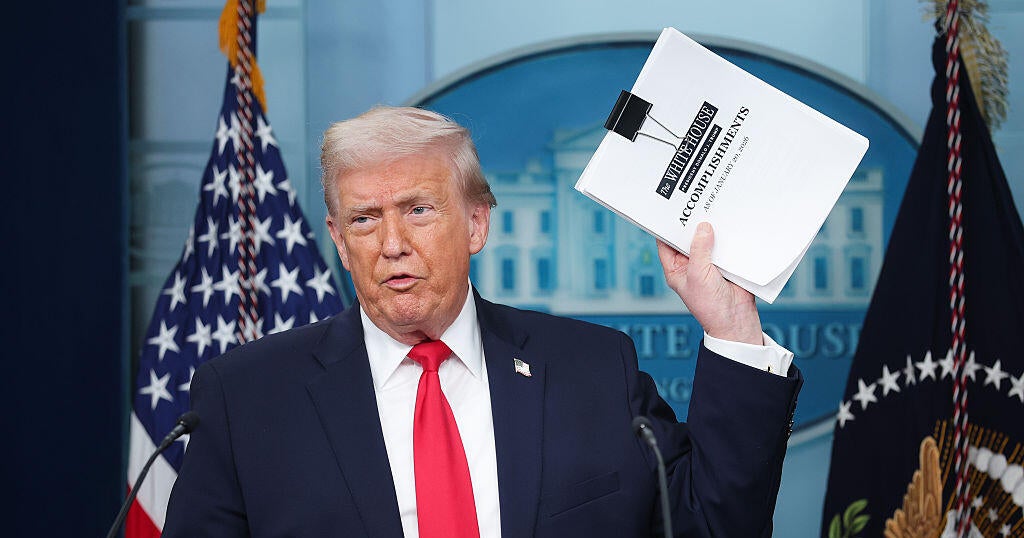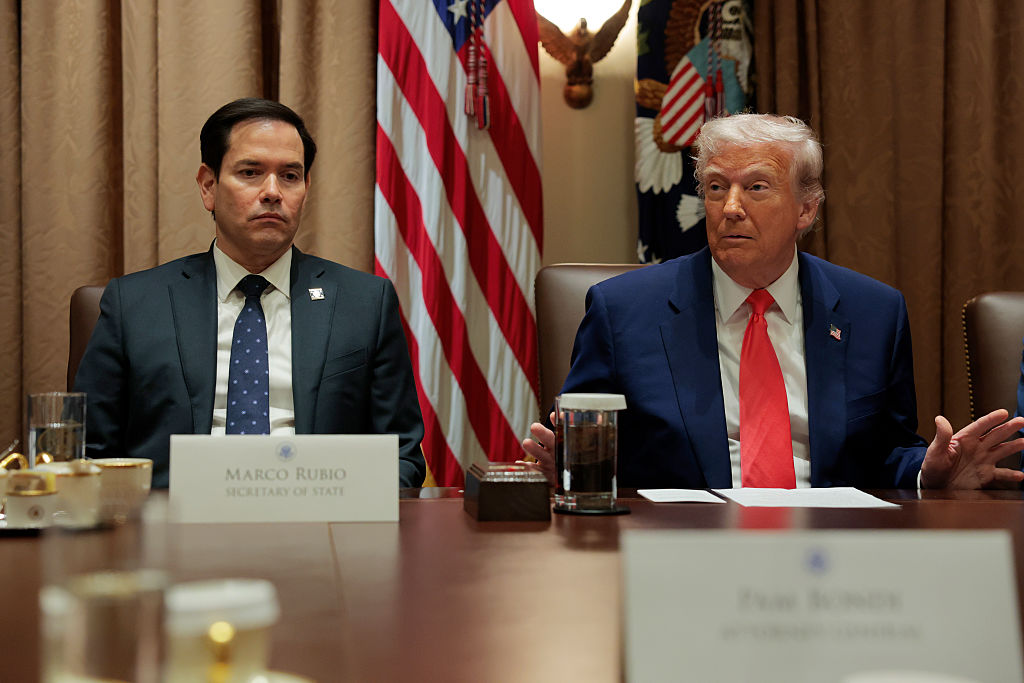State Department tells Congress how it plans to cut $10 billion in 5 years
WASHINGTON -- How is Secretary of State Rex Tillerson's State Department restructure shaping up? Officials from Foggy Bottom briefed House and Senate foreign affairs committee staffers on Friday and explained that the restructuring seeks to cut department spending by as much as $10 billion in 5 years, CBS News has learned.
The overarching goal is to "foster an organizational culture of continuous improvement, creativity and accountability."
CBS News obtained a copy of the presentation, in which State Department officials presented some key findings from a survey conducted in conjunction with a listening tour Tillerson launched in the spring. Forty-nine percent of the respondents said layers of approval was the latest obstacle they face in their daily work. That impediment was closely followed by over-complicated processes (43 percent) and insufficient technology (42 percent). On the positive side: 78 percent of the employees said they had been inspired by their work every week.
The survey was filled out by more than 35,000 State Department employees, which is about 60 percent of the department's workforce.
The restructure is tackling seven main buckets, according to the presentation: Streamlining policy and presence; maximizing the impact of foreign assistance; implementing a global delivery framework; readying and empowering a 21st century workforce; modernizing systems and software; improving governance and accountability for IT platforms and upgrading technology infrastructure.
In an effort to defy rumors swirling around the department, the presentation made a point of covering "what the restructure is not." There are no plans to move consular affairs to the Department of Homeland Security, dismantle the department and give the secretary more power, or eliminate the Bureau of Democracy, Human Rights and Labor.
"It was tense in the room at times, with staff from both parties asking for specifics and warning the State Department officials that it would be difficult to defend this given the lack of specificity and the ongoing problems with early, consistent Congressional consultation on a range of issues," said a Congressional staffer who was at the briefing.
Questions from staffers ranged from personnel decisions and timelines to reservations about the policy planning shop expanding at the expense of other bureaus. The State Department officials, however, argued that their policy planning is not actually expanding and pointed to the integral role it has played for former secretaries, including Hillary Clinton. Still, many regional bureaus lack Senate-confirmed leadership.
One portion of the presentation seemed to quote the feedback of a State Department individual saying "we have a very high level of our customer focus, the desire to satisfy our customers and provide our services professionally." Samantha Power, the former U.S. ambassador to the U.N., took to Twitter to say she thought this portion of the presentation was a spoof. She called it a "wildly inappropriate approach" at moment when diplomacy is critically necessary.
With the listening tour over, the department is now working on how to re-align the functions of special envoys. That process began in August when Tillerson announced his plan to eliminate about half of the special envoy positions. Among the 30 positions that will be cut are the special envoy for climate change, the special envoy for Syria, and the lead coordinator for Iran nuclear implementation. The Syria position will fold into the bureau handling the Middle East region. In another example of merging, the special envoy for North Korean human rights issues which will now fall into the bureau that handles democracy and human rights globally. Tillerson also intends to expand three offices focusing on religious freedom, Holocaust issues and HIV/AIDS.
The presentation this week marks outreach by the department to the Hill, as Tillerson knows that any significant changes he wants to implement will have to be passed by Congress.
"We will continue to ask for input and consult with Congress and other stakeholders as the process continues," explained a State Department official.
Tillerson cited the integral role that Congress will play in this long-term process in a letter to State Department employee this week, but he also pledged to expedite progress in areas where changes can be implemented immediately.
Some of the recommendations "will require Congressional approval or a change in law, some will require OMB support, but there are number of actions that we can begin to take unilaterally," Tillerson wrote.
On Thursday Tillerson put the project on an even higher pedestal, saying it will be the true mark of work as secretary.
"The most important thing I can do is to enable this organization to be more effective, more efficient, and for all of you to take greater satisfaction in what you do day in and day out," Tillerson explained as he spoke to staff at the U.S. embassy in the U.K.





